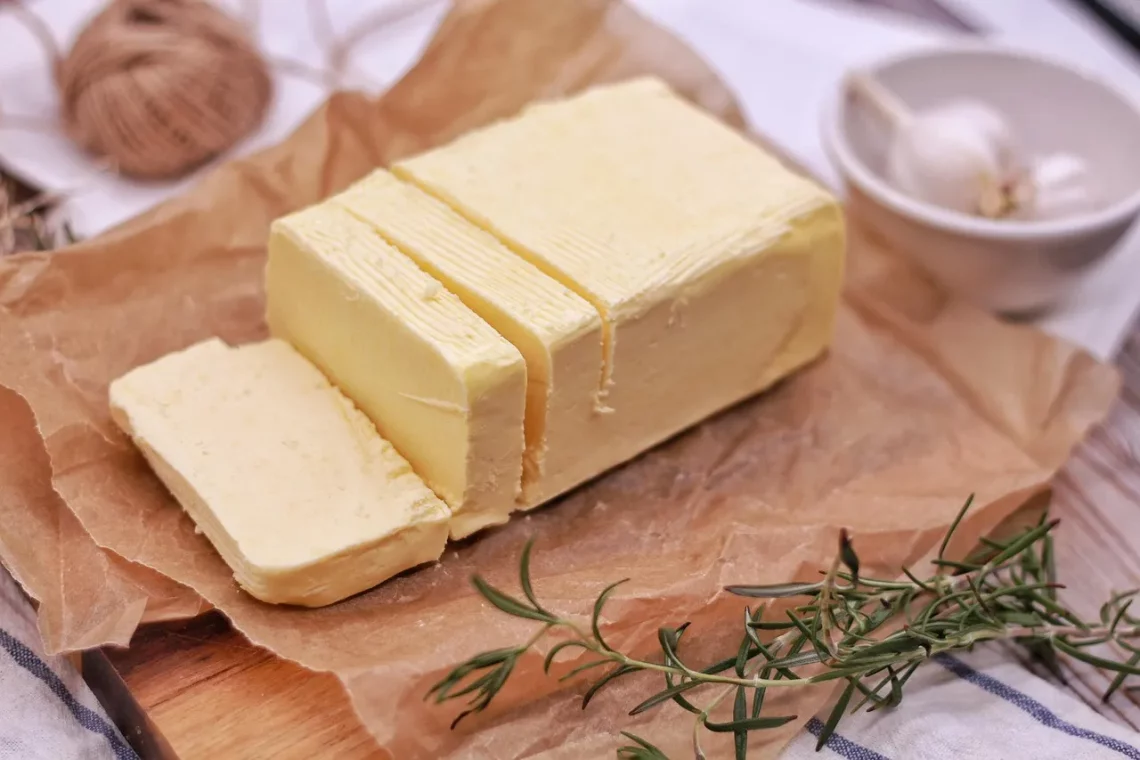
Top 5 Delicious Almond Butter Replacements You Need to Try
Almond butter has gained immense popularity over the years, celebrated for its creamy texture and rich flavor. It serves as a nutritious alternative to traditional peanut butter, often praised for its lower carbohydrate content and higher levels of healthy fats. As more people explore plant-based diets or seek to reduce their intake of certain allergens, the demand for almond butter and its alternatives has surged.
However, not everyone enjoys or can consume almond butter due to allergies or taste preferences. Fortunately, the world of nut and seed spreads is vast and varied, offering numerous delicious substitutes. These alternatives not only provide similar textures and flavors but also pack their own unique nutritional benefits. Whether you are looking to switch things up in your recipes or need a nut-free option, there are plenty of choices that can satisfy your cravings. In this article, we will delve into some of the most delightful almond butter replacements that can enhance your meals and snacks, catering to diverse dietary needs and flavor profiles.
Cashew Butter: A Creamy Delight
Cashew butter is one of the most popular almond butter replacements, known for its velvety texture and mild flavor. Made from roasted cashews, this spread is not only creamy but also slightly sweet, making it a versatile option for both sweet and savory dishes.
One of the great advantages of cashew butter is its nutritional profile. It is rich in healthy fats, particularly monounsaturated fats, which are known to support heart health. Additionally, cashew butter contains essential minerals like magnesium, phosphorus, and copper, contributing to overall well-being.
In terms of culinary uses, cashew butter shines in various recipes. It can be spread on toast, incorporated into smoothies for added creaminess, or used as a base for sauces and dressings. Its subtle flavor pairs well with fruits like bananas and apples, making it an excellent choice for healthy snacks.
Moreover, cashew butter is often easier to digest than almond butter, making it suitable for those with nut sensitivities. Its creamy consistency allows it to blend seamlessly into recipes, providing a rich mouthfeel without overpowering the dish. Whether you are enjoying it straight from the jar or using it in your favorite recipes, cashew butter is a delicious alternative that you should definitely consider.
Sunflower Seed Butter: Nut-Free and Flavorful
For those with nut allergies, sunflower seed butter emerges as an excellent option. This spread, made from roasted sunflower seeds, offers a unique flavor that is both nutty and slightly sweet. It has gained popularity as a safe alternative for schools and individuals who need to avoid nuts entirely.
Sunflower seed butter stands out not only for its taste but also for its nutritional benefits. It is packed with vitamin E, an antioxidant that supports immune function and skin health. Additionally, sunflower seeds are a good source of healthy fats, protein, and dietary fiber, making sunflower seed butter a wholesome choice for snacking or meal preparation.
This versatile spread can be used in various ways. It can be slathered on bread or rice cakes, added to smoothies, or used as a dip for fruits and vegetables. Sunflower seed butter also works well in baking, providing moisture and flavor to cookies, muffins, and energy bars.
Another notable advantage of sunflower seed butter is its affordability compared to other nut butters. It is often available at a lower price point, making it accessible for families and individuals on a budget. With its delightful flavor and nutritional benefits, sunflower seed butter is a fantastic option that caters to a wide range of dietary needs.
Pumpkin Seed Butter: A Nutrient Powerhouse
Pumpkin seed butter is another alternative that is gaining traction, particularly among health-conscious consumers. Made from roasted pumpkin seeds, this spread is not only delicious but also packed with nutrients. It has a rich, earthy flavor that can elevate your dishes in unexpected ways.
One of the key benefits of pumpkin seed butter is its impressive nutritional profile. It is an excellent source of magnesium, zinc, and iron, all of which play crucial roles in various bodily functions. Magnesium supports muscle and nerve function, while zinc is essential for immune health. Furthermore, pumpkin seeds are high in antioxidants, which help combat oxidative stress.
In the kitchen, pumpkin seed butter can be quite versatile. It can be enjoyed on toast, mixed into oatmeal, or used as a base for smoothies and sauces. Its distinct flavor pairs well with spices like cinnamon and nutmeg, making it a wonderful addition to fall-inspired recipes.
Another appealing aspect of pumpkin seed butter is its potential health benefits. Research suggests that the nutrients found in pumpkin seeds may contribute to improved heart health, better prostate health, and enhanced sleep quality. As with any food, it’s essential to enjoy it in moderation, but incorporating pumpkin seed butter into your diet can provide a delicious and nutritious boost.
Peanut Butter: A Classic Choice
Peanut butter remains a beloved staple in many households and is often seen as the go-to alternative to almond butter. Made from ground peanuts, this spread is rich, creamy, and has a flavor that many find comforting. While it may not be suitable for those with nut allergies, it is a fantastic option for those who enjoy its taste.
The nutritional profile of peanut butter is quite impressive as well. It contains protein, healthy fats, and various vitamins and minerals, including vitamin E, magnesium, and potassium. These nutrients contribute to a balanced diet, making peanut butter an appealing choice for many.
Peanut butter can be used in countless ways, from spreading it on toast to using it in baking or cooking. It pairs well with jelly for a classic sandwich, or it can be added to smoothies to enhance their creaminess. Many people also enjoy it as a dip for fruits like apples or bananas.
Moreover, peanut butter is often more affordable than almond butter, making it a budget-friendly choice for those looking to incorporate nut butters into their diet. Its widespread availability and versatility make peanut butter a timeless and delicious option that continues to delight taste buds.
Hazelnut Butter: Sweet and Nutty Indulgence
Hazelnut butter is a delightful alternative that brings a sweet and nutty flavor to the table. Made from roasted hazelnuts, this spread has a unique taste profile that can transform your culinary experiences. While it is less common than other nut butters, its distinct flavor makes it worth trying.
Nutritionally, hazelnut butter is rich in healthy fats, particularly monounsaturated fats, which are known to support heart health. It also contains vitamins and minerals such as vitamin E, which is beneficial for skin health and antioxidants that help protect the body from oxidative damage.
Hazelnut butter is particularly popular in dessert recipes. It can be used as a spread on toast or pancakes, incorporated into baked goods, or blended into smoothies for a creamy texture. Its rich flavor pairs beautifully with chocolate, making it a fantastic choice for indulgent treats.
While hazelnut butter may be a bit pricier than other options, its unique flavor and texture can elevate your dishes and provide a delightful change from traditional nut butters. If you’re looking to experiment with flavors and enjoy a sweet treat, hazelnut butter is an excellent option that can satisfy your cravings.
In conclusion, there are numerous delicious alternatives to almond butter that cater to various dietary needs and taste preferences. From the creamy richness of cashew butter to the nut-free goodness of sunflower seed butter, each option brings its own unique flavor and nutritional benefits. Whether you’re looking to diversify your pantry or accommodate specific dietary restrictions, these alternatives can enhance your meals and snacks in delightful ways.
**Disclaimer:** This article is for informational purposes only and should not be considered medical advice. For any health concerns or dietary changes, please consult a healthcare professional.




